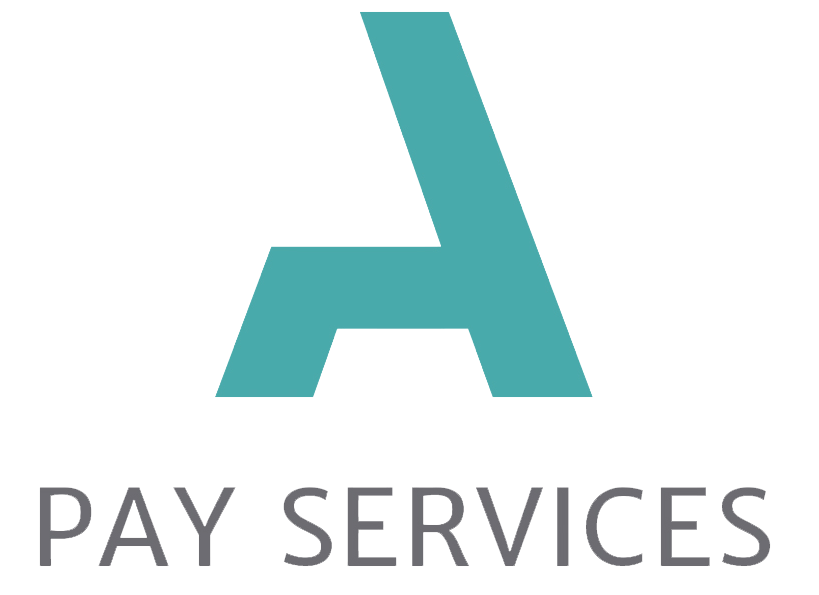With April upon us, it’s time to prepare your CIS self-assessment tax return. The self-assessment will show money earned, along with any expenses incurred within the tax year. Filling out the form correctly is imperative, as if done incorrectly could result in potential penalties or fines.
What is the construction industry scheme (CIS)?
Under the CIS scheme, contractors deduct 20% from a subcontractor’s payments and pass it to HMRC. This deduction counts as advance payments towards the subcontractor’s tax and national insurance. Contractors must register for the scheme, however subcontractors do not have to register but will receive a higher deduction rate of 30%. It is the responsibility of the contractor to deduct tax and national insurance contributions and pay these directly to HMRC. In the case of payroll, the contractor would be A Pay Services as they are paying subcontractors for construction work, whilst the sub-contractor would be the worker who is doing the construction work for a contractor.
What works are covered by CIS?
There are various types of works that are covered within the scheme such as:
CIS covers most construction work to:
- Permanent or temporary building or structure
- Civil engineering work like roads and bridges
Construction works include:
- Site preparation, e.g foundations and access works
- Demolition and dismantling
- Alterations, repairs and decorating
- Building works
- Heating, lighting, power, water and ventilation installs
- Construction cleaning
What isn’t covered by CIS?
- Architecture and surveying
- Scaffolding hire (where there is no labour)
- Carpet fitting
- Delivering materials
- Manufacture of materials used in construction such as plant and machinery
- Work on construction sites that are clearly not construction such as running the site facilities or canteen.
The scheme applies to work carried out within the UK, therefore a business based outside the UK, but carrying out construction work within the UK is within the scheme and must register.
What types of business are covered within the scheme?
All types of business and other concerns that with within the construction industry are covered. This includes:
- Companies
- Partnerships
- Self-Employed individuals
These business can be:
- Contractors
- Subcontractors
- Contractors & Subcontractors
What is a contractor?
You must register as a contractor if you pay subcontractors to do construction work, this applies to sole traders, partnerships & limited companies. Further examples are builders, labour agencies, gangmasters, property developers and payroll/umbrella companies.
You are classed as a ‘deemed contractor’ even if your business does not do construction work but you have spent more than £3m on construction work within a 12 month period. This could apply to businesses such as; housing associations, local authorities and government departments.
What is a contractor?
A Subcontractor is a business that carries out construction work for the contractor.
When do you need to submit the CIS Self assessment by?
The deadline is January 31st following the end of the tax year, which runs from April 6th to April 5th. Contractors must submit monthly statements to HMRC about the payments they have made by the 19th of every month.
What you need to include in your CIS self-assessment tax return.
Here’s a list of things you need to include in your CIS self-assessment tax return:
- Total income from construction work in the tax year, including deductions made by contractors under CIS
- Deductions made under CIS by contractors
- Any other income sources such as rental income or interest on savings
- Business expenses such as: tools, equipment and materials.
- Any losses you have incurred
- Any tax you have paid through CIS or other means
- National Insurance Contributions
- Details of any employees you have – Names and national insurance numbers
- Any payments you have made to subcontractors under CIS
- UTR number
It’s important you keep all relevant receipts to support your tax return, as HMRC may ask for evidence.
What are the penalties for late submissions?
You’ll get a penalty if you miss the deadline for submitting and paying your bill.
If it’s up to 3 months late you will get a £100 penalty fine, if its more or your late paying your bill the penalty will increase and you will be charged interest on late payments as well.
What do I need before completing your CIS tax return?
It’s important when submitting your CIS tax return you take time to ensure you are submitting accurate figures. Here are some of our helpful tips that will help you complete your return on time accurately:
- Speak to a qualified accountant. CIS Tax returns can be complicated and time consuming, speaking to an accountant that has experience with CIS Tax returns ensures you are submitting the right information on time.
- Collate your paperwork- HMRC may ask for evidence, so it’s best to keep all relevant documents such as receipts together.
- Check your deductions – Make sure you have deducted all relevant expenses.
